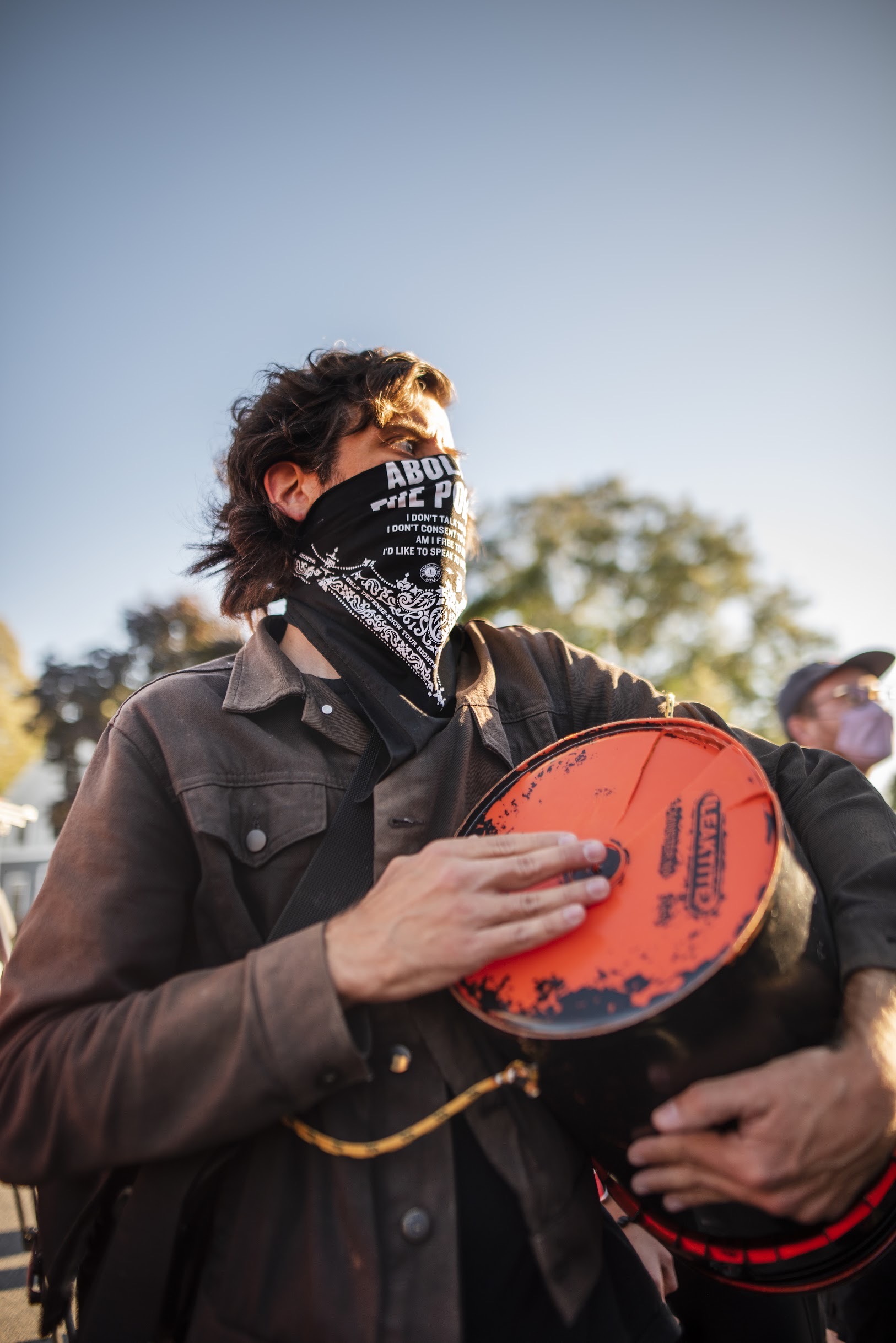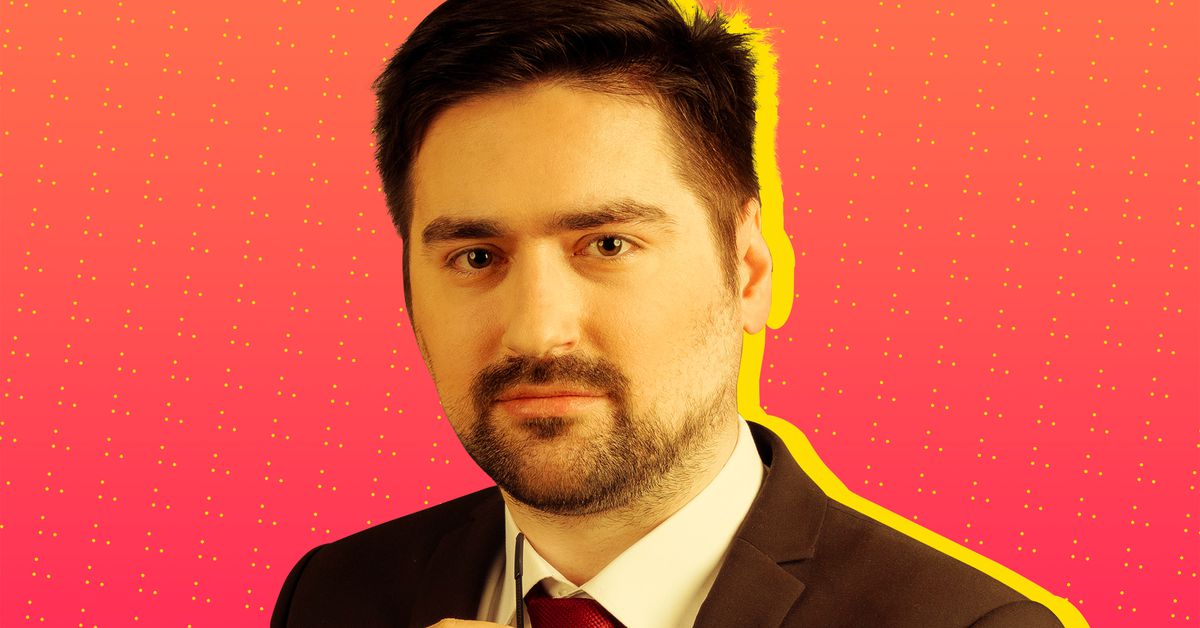Eugen Rochko is the CEO of Mastodon — the open-source decentralized competitor to Twitter. It’s where a lot of Twitter users have gone in our post-Elon Musk era.
The idea of Mastodon is that you don’t join a single platform that one company controls. You join a server, and that server can show you content from users across the entire network. If you decide you don’t like the people who run your server or you think they’re moderating content too strictly, you can leave and take your followers and social graph with you. Think about it like email, and you’ll get it. If you don’t like Gmail, you can switch to something else, but you don’t have to quit email entirely as a concept.



Yeah I’m curious what form the groups will take. There are are group channels now to a small extent but they’re hardly noticleable. It seems like he wants to win over people from facebook next. I’m a little concerned about the impact that will have on the the culture of Mastodon since when the last boost from Twitter happened due to Elon’s takeover, some people brought attitudes you’d expect on Twitter.
I don’t always agree with Eugen’s decisions but it’s interesting to see the Fediverse get more press at least and he did a pretty good job of explaining it to those who are totally new to it.
There is a pull request up for groups in Mastodon, but it hasnt been updated in a long time. It is also completely incompatible with Lemmy.
https://github.com/mastodon/mastodon/pull/19059
Would you be willing to comment on how compatible it would be or is with the fediverse at large and the (new) ActivityPub protocol for groups ?
Activitypub groups are nothing new, they have been used in Friendica, Hubzilla, Peertube and Lemmy for years. I described how it works in FEP 1b12. Mastodon decided to create a different implementation which isnt compatible with any of these.
Twitter also apparently has groups of some sort, though I don’t know how that works. As mentioned elsewhere in this thread, groups exist in the fediverse outside of Mastodon, including here but also Friendica and Hubzilla, with which Mastodon users can and do interact.
Beyond that, there’s also been a good deal of talk about how useful groups are outside of the idea of luring facebook people over, especially in relation to allowing people to find others of similar interests etc. Personally, I find this rather convincing from a Mastodon perspective and hope that that’s part of Eugen’s reasoning, because I think a grouping structure plus a freeform chatting/microblogging structure are a complementary pairing.
In a way it’s slightly redundant since each instance is already a “group” though it would be interesting to see how people from various instances can create groups for specific topics and goals. I’m a little leery of luring too many facebook users here too quickly and the impact that will have on moderation and how respectful the culture here remains but it’s ultimately inevitable. The group structure you mentioned sounds interesting though a bit like Discord so who knows if that’s in his thinking too.
Instances are by no means like groups on mastodon except in the case of niche and smaller instances, which are cool but the minority on a user basis.
On mastodon, instances in general are best thought of as not useful from a user and UX perspective IMO. They simply don’t do much for the user.